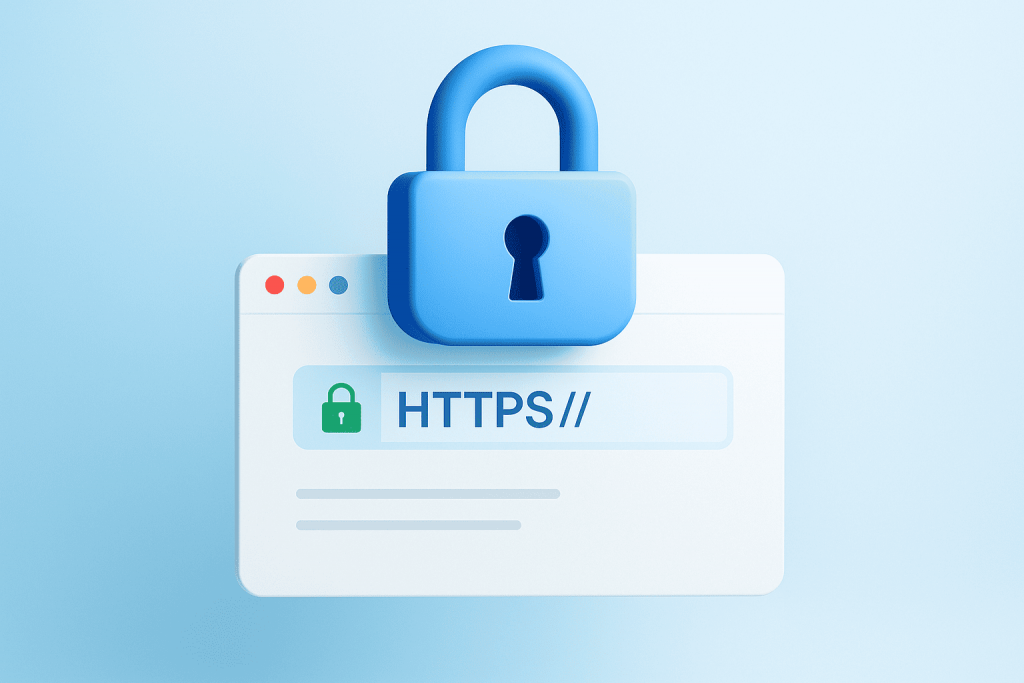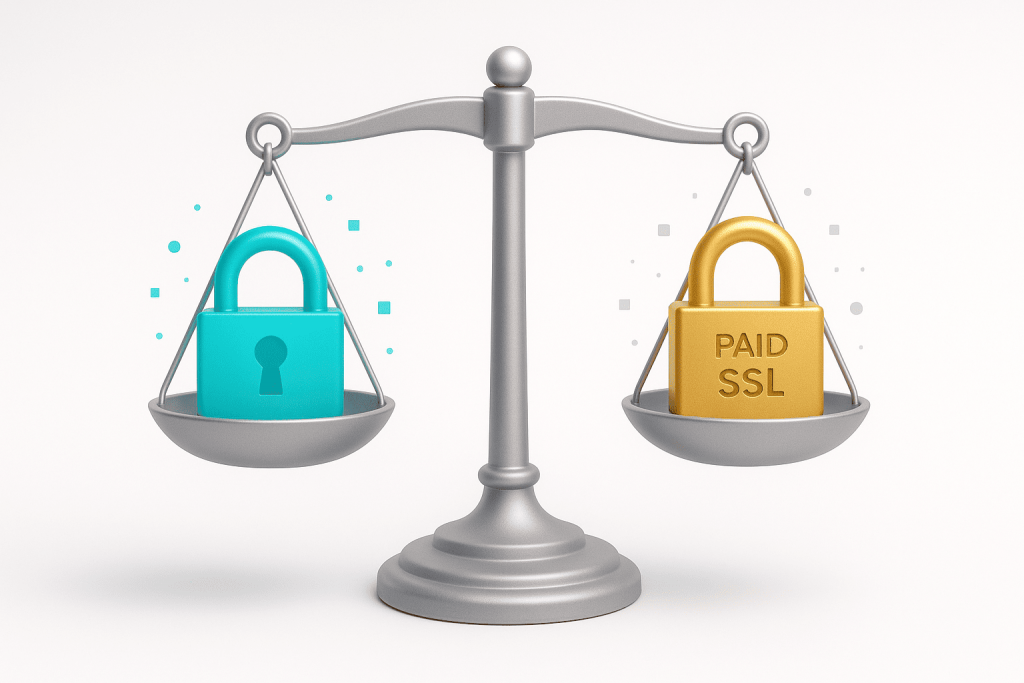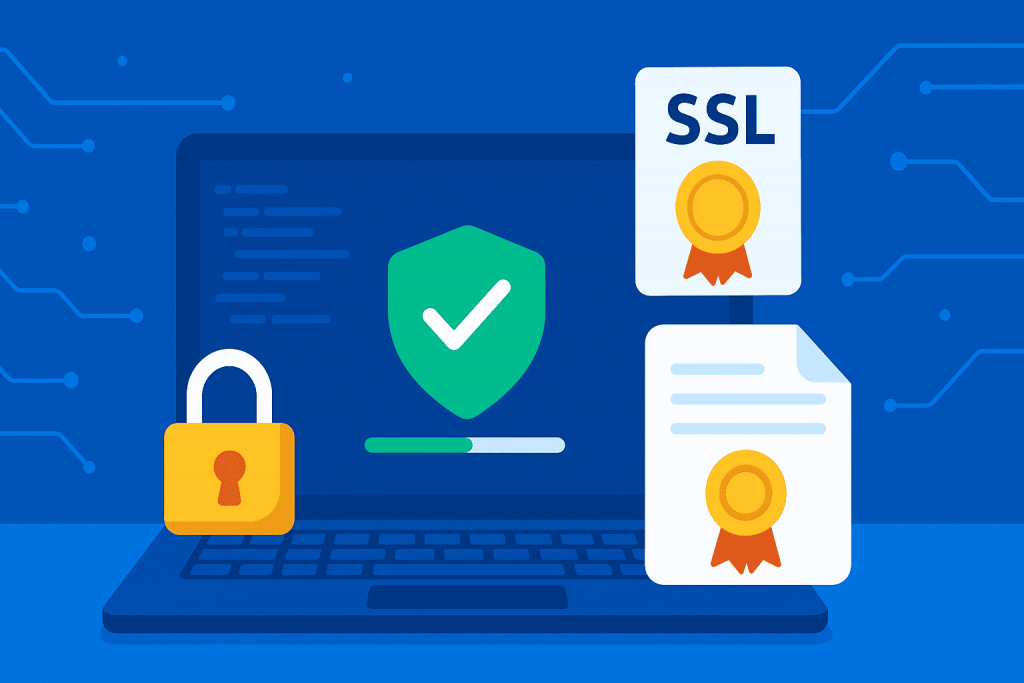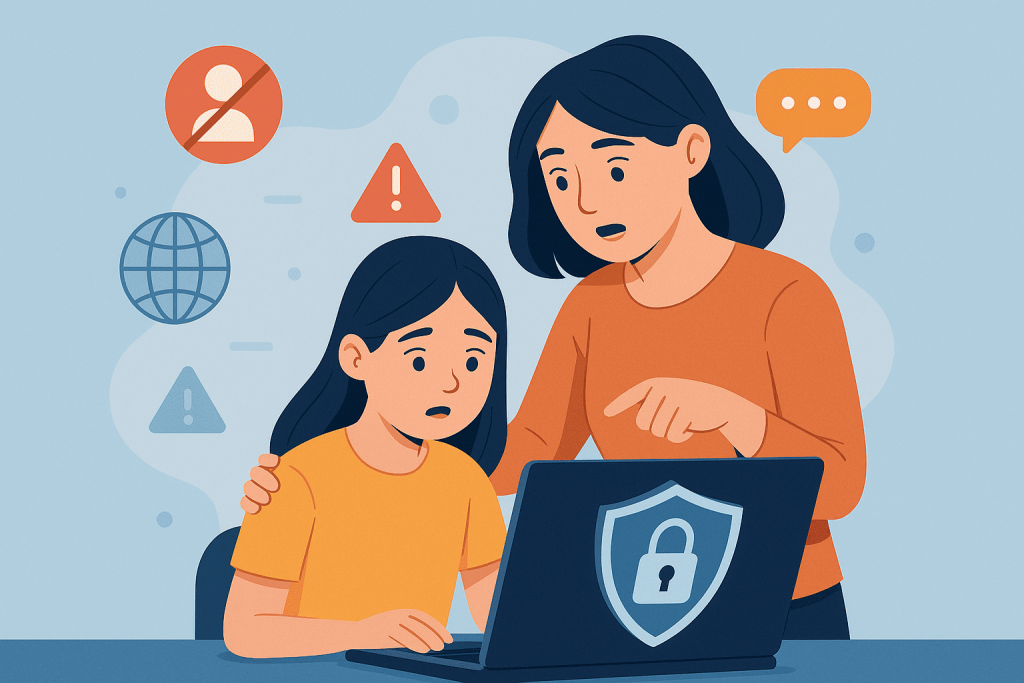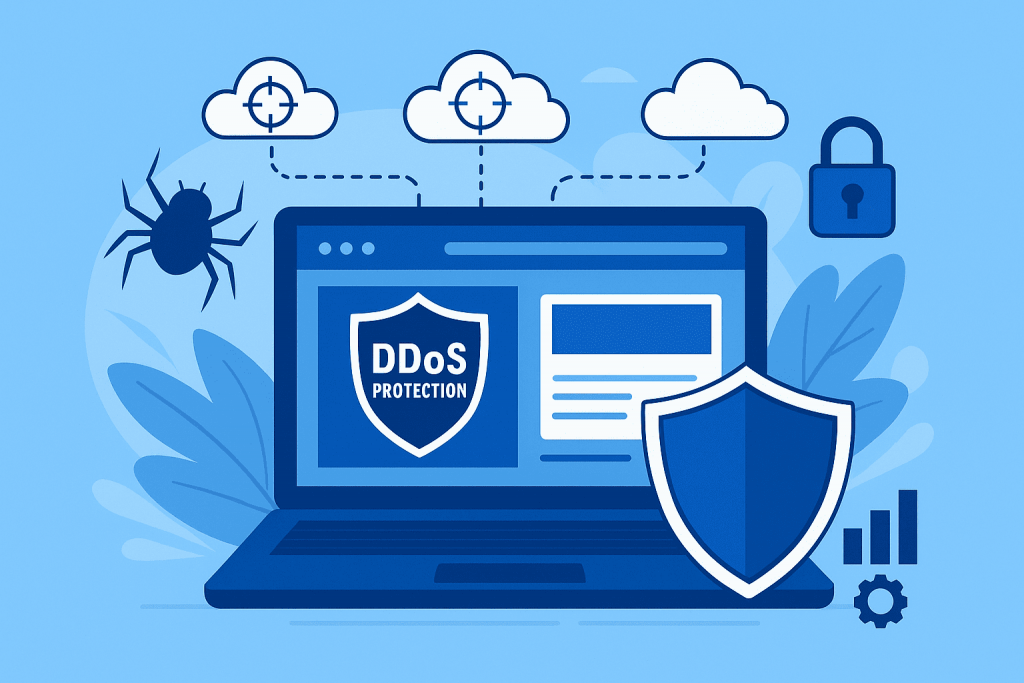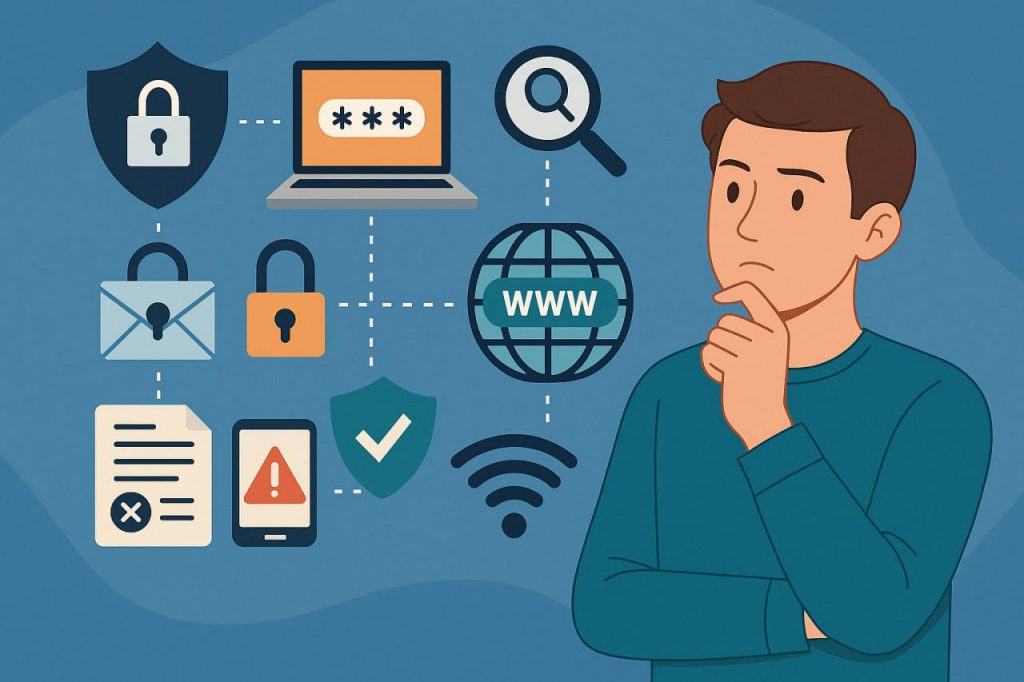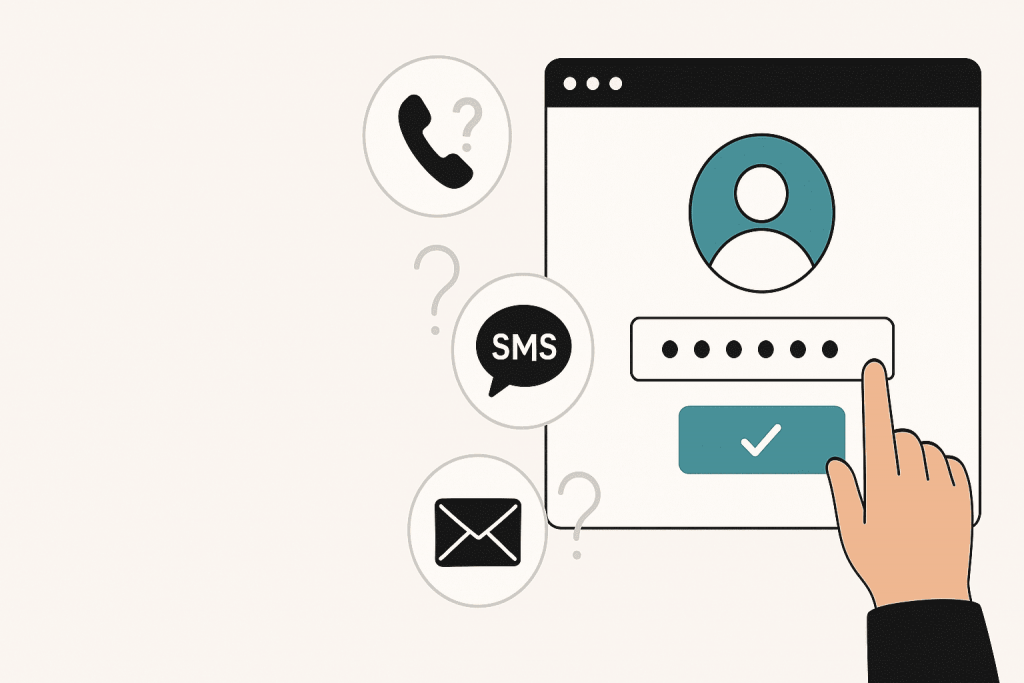
A website domain address is not just a technical detail but an essential part of a company’s image. It works like a digital signboard: customers recognize the brand by the domain name, form their first impression, and decide whether to trust the resource. A successful domain name increases brand awareness, emphasizes the company’s status, and in some cases can even become synonymous with the business itself (for example, amazon.com or rozetka.com.ua).

